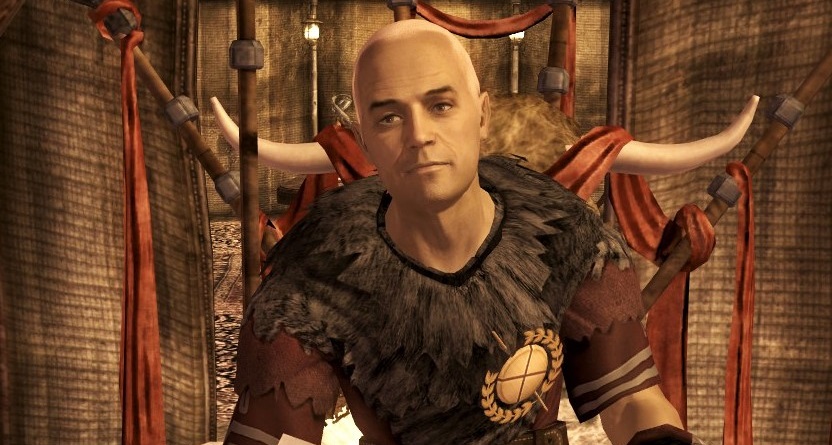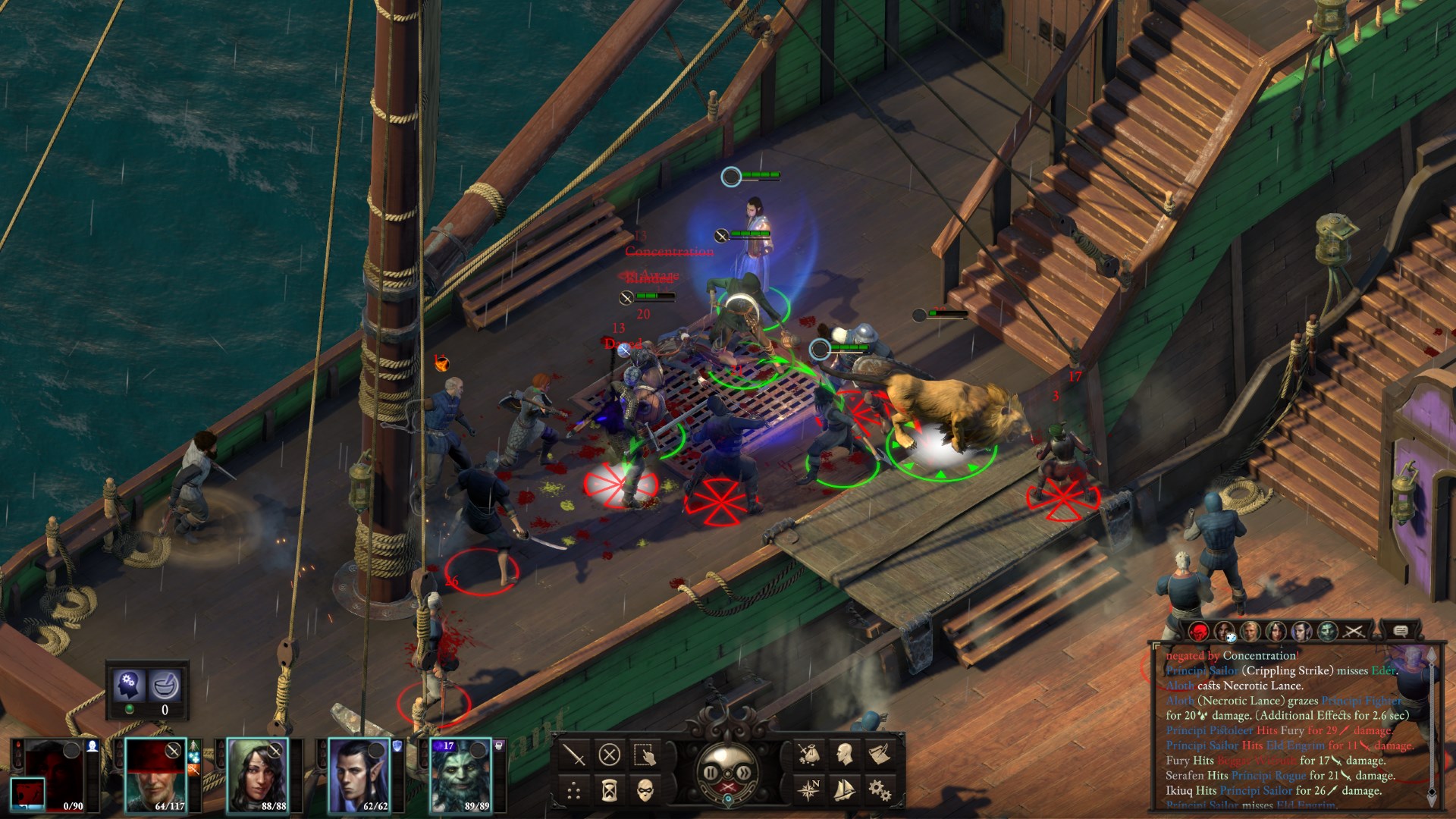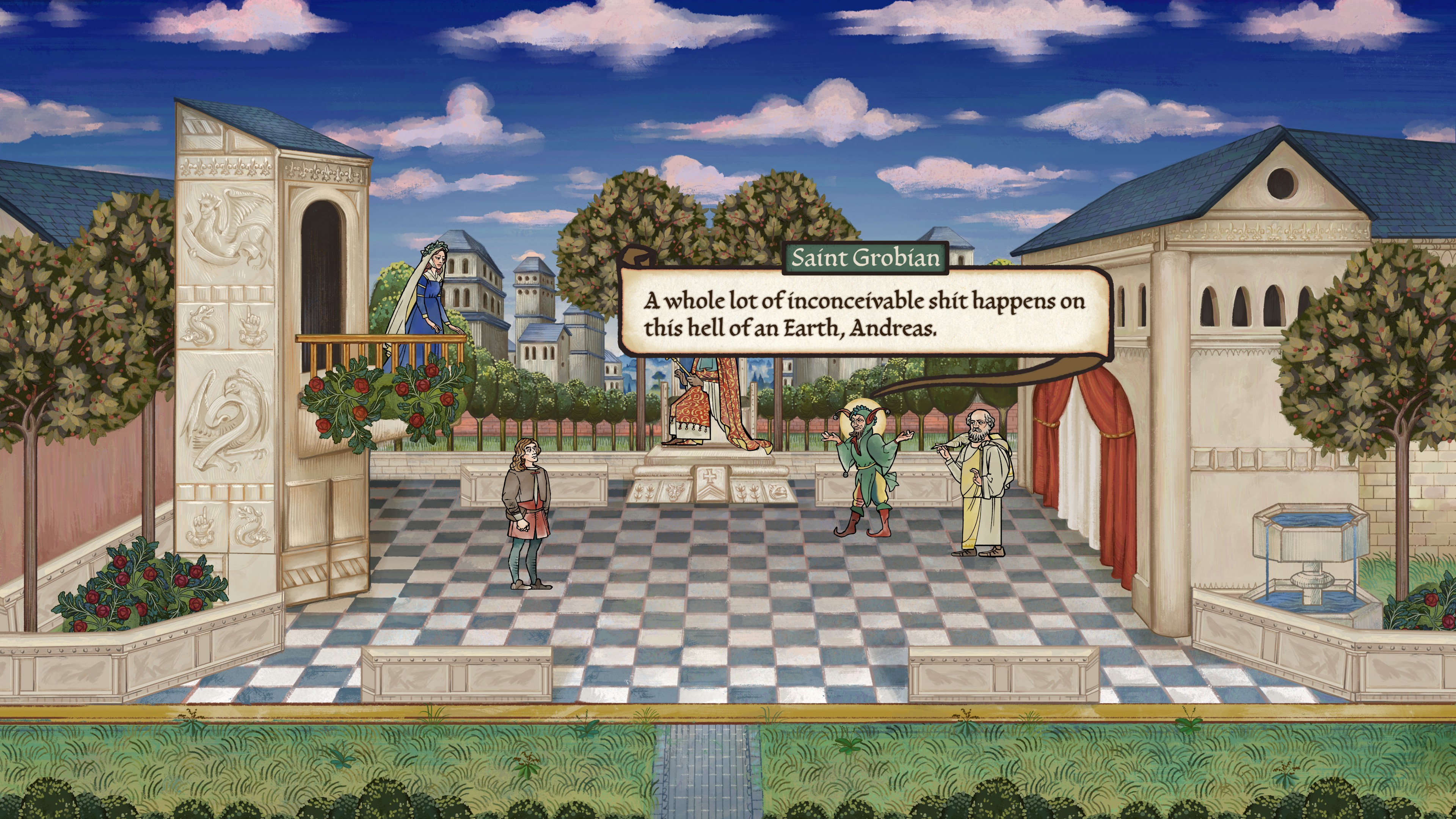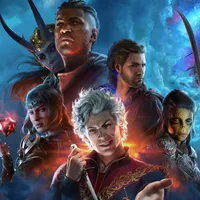RPG vet Josh Sawyer keeps things like Fallout and D&D grounded in history because 'Once things get too magical… it's impossible to bring it back down to Earth'
Which is also why Deadfire is the best CRPG of at least the last decade, just saying.

Keep up to date with the most important stories and the best deals, as picked by the PC Gamer team.
You are now subscribed
Your newsletter sign-up was successful
Want to add more newsletters?

Every Friday
GamesRadar+
Your weekly update on everything you could ever want to know about the games you already love, games we know you're going to love in the near future, and tales from the communities that surround them.

Every Thursday
GTA 6 O'clock
Our special GTA 6 newsletter, with breaking news, insider info, and rumor analysis from the award-winning GTA 6 O'clock experts.

Every Friday
Knowledge
From the creators of Edge: A weekly videogame industry newsletter with analysis from expert writers, guidance from professionals, and insight into what's on the horizon.

Every Thursday
The Setup
Hardware nerds unite, sign up to our free tech newsletter for a weekly digest of the hottest new tech, the latest gadgets on the test bench, and much more.

Every Wednesday
Switch 2 Spotlight
Sign up to our new Switch 2 newsletter, where we bring you the latest talking points on Nintendo's new console each week, bring you up to date on the news, and recommend what games to play.

Every Saturday
The Watchlist
Subscribe for a weekly digest of the movie and TV news that matters, direct to your inbox. From first-look trailers, interviews, reviews and explainers, we've got you covered.

Once a month
SFX
Get sneak previews, exclusive competitions and details of special events each month!
Slap Josh Sawyer's name in the credits of a game and I will, at the very least, pay attention to it. The guy's earned it: with directorial credits on Fallout: New Vegas, Pillars of Eternity 1 and 2, and Pentiment, his batting average on 'helming games that enter the Joshua Wolens pantheon of faves' is Gibson-level high (I admit it, I Googled 'highest batting average ever').
A big reason for that is a shared approach to history and worldbuilding. The games Sawyer's worked on feel believable and grounded in a way many other fictional settings don't*, and the man himself says he takes a consciously materialistic approach to worldbuilding, one that has defined his career for a long time. "As weird as it would sound", he told our Ted Litchfield at this year's GDC, "going all the way back to Icewind Dale, I at least thought about it.
"It's always something that I tried to do in my own, personal tabletop settings", Sawyer continued, "just cause I feel like, as weird as it is, I feel like once things get too magical, in a sense, it's impossible to bring it back down to Earth." I
n particular, Sawyer says his work on Icewind Dale was inspired by DnD author RA Salvatore's own writing in the setting. Salvatore's description of the Ten Towns, a locale built up almost entirely around its abundant local supply of Knucklehead Trout, was on his mind during the design of Icewind Dale.
It's easy to see this philosophy develop across Sawyer's games. Most recently, of course, there's Pentiment, where contested local histories are conceived and instrumentalised by different people and factions to shore up particular social relations and modes of power, eventually piling up to the point that the contradictions between them explode in violence.
But it also appears, for instance, in Pillars of Eternity. Sure, in the second game, you're chasing a titanic god across the seas, but your moment-to-moment is taken up by more concrete and serious questions of colonialism and imperialism, and even the gods themselves have a grounded, historical basis.
It doesn't just apply to history and historical fantasy, mind you. Sawyer also thinks about it for "something like Fallout where, yes, there's nuclear power, and there's some stuff that's kind of handwaved, but people do have to eat, they have to drink, they have to deal with the reality of the world. That's kind of what makes post-apocalyptica interesting, is the struggle. So what are they struggling with and how are they trying to overcome it?
Keep up to date with the most important stories and the best deals, as picked by the PC Gamer team.
"And I think maybe that's why some people kind of got aggravated with New Vegas being, like, post-post-apocalyptic. But in my mind, I figured, 'Well, after all this time, people are gonna start to try to do things and grow food and rebuild trade and currency, and things like that… I think just over time, it's become more and more a part of how I think about designing settings and stories".
Deadfire might be my favourite example of this from the game's Sawyer has worked on. "[In] Deadfire, how the factions worked was very historically inspired, and we probably bit off more than we can chew on a number of axes. But having two colonial factions that were vying against one native culture—this is a thing that has happened historically, a ton—the dynamic becomes very interesting, because the native culture is trying to play those powers off against each other, and so the struggle, the dynamic becomes more interesting".
Still, trying to ground conflicts in real history and real material relations between human beings—rather than just pointing players at an evil wizard and saying 'have at it'—can pose challenges. "In Deadfire, one of the faction questlines allows you to effectively teleport a ship across a storm. But even that, I was very careful to frame it as something where you need a Watcher [a rare and magical person in the Pillars setting] to do it.
"It was very controlled, because I have this kind of, I don't know, pet peeve that, once teleportation becomes real, anywhere, everything you understand about logistics and trade and everything, everything, everything changes. So I try to be very careful with how teleportation works in settings, because I want to maintain the sense of space and mystery… I think it makes it easier to make stories that are believable, because you understand basic human needs."
*The setting of Pentiment—Bavaria—is purported to be real, but I've never seen any evidence of it.
2025 games: This year's upcoming releases
Best PC games: Our all-time favorites
Free PC games: Freebie fest
Best FPS games: Finest gunplay
Best RPGs: Grand adventures
Best co-op games: Better together

One of Josh's first memories is of playing Quake 2 on the family computer when he was much too young to be doing that, and he's been irreparably game-brained ever since. His writing has been featured in Vice, Fanbyte, and the Financial Times. He'll play pretty much anything, and has written far too much on everything from visual novels to Assassin's Creed. His most profound loves are for CRPGs, immersive sims, and any game whose ambition outstrips its budget. He thinks you're all far too mean about Deus Ex: Invisible War.
You must confirm your public display name before commenting
Please logout and then login again, you will then be prompted to enter your display name.




